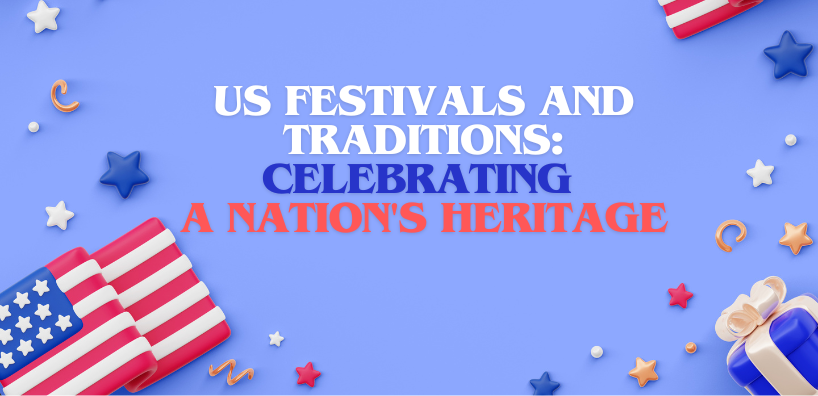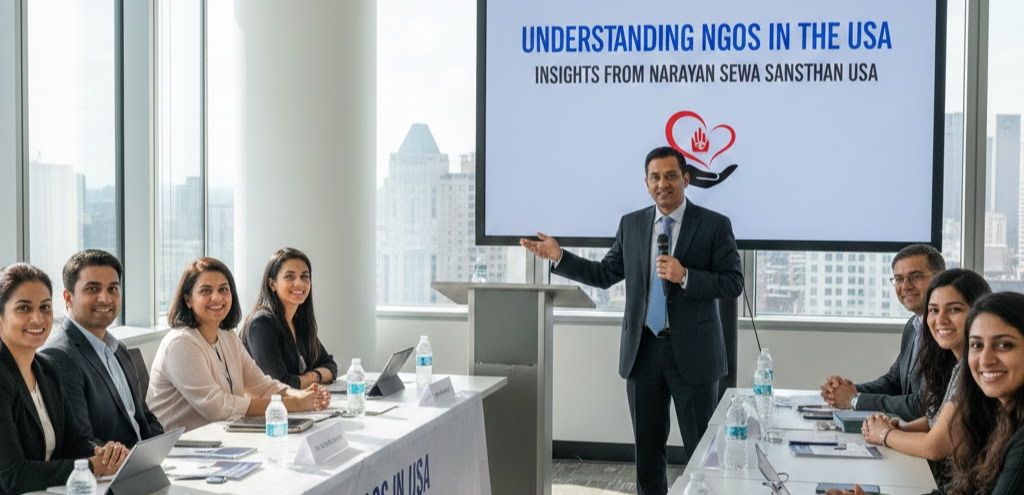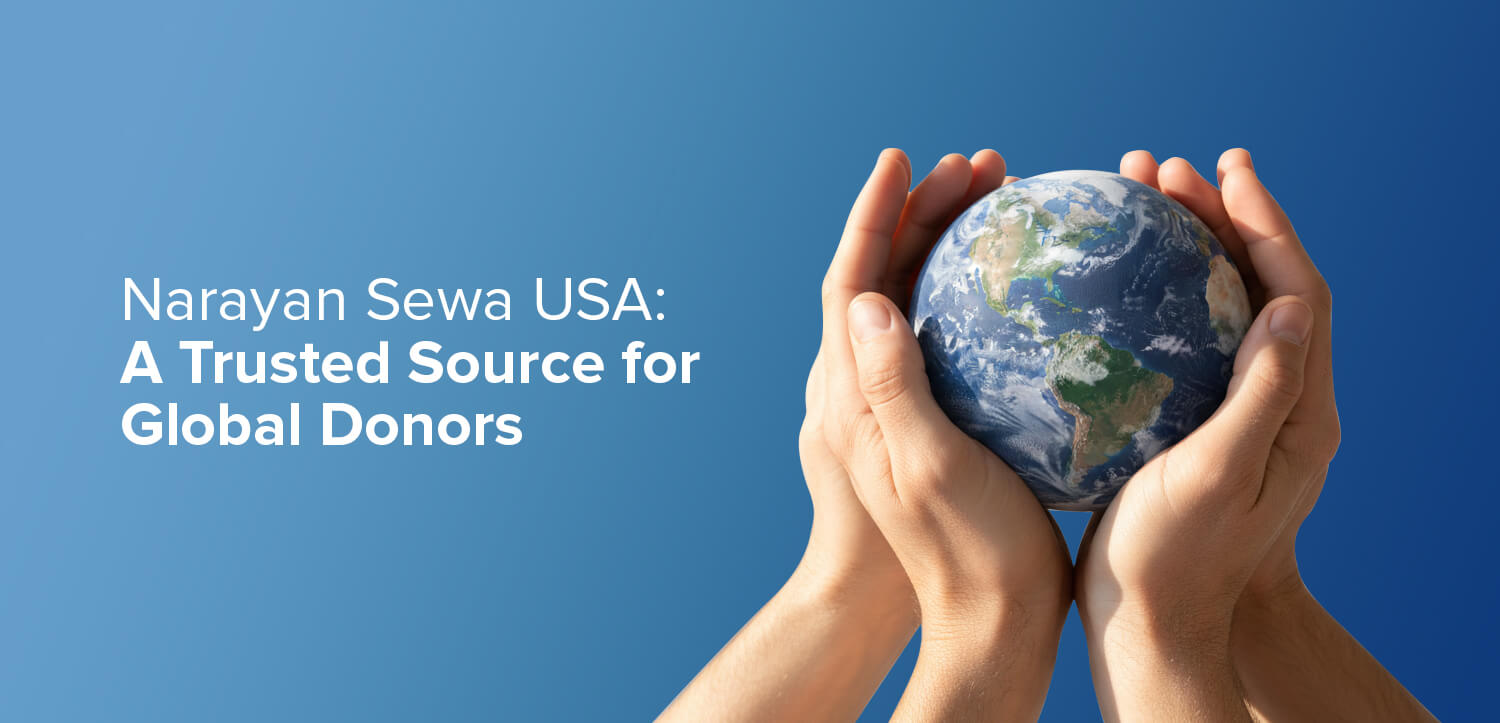The United States, a vast and diverse nation, boasts a rich tapestry of festivals and traditions that reflect its multifaceted heritage. From coast to coast, Americans celebrate a wide array of events that honor their history, culture, and shared values. In this journey through some of the most prominent festivals and traditions, we’ll explore the vibrant mosaic that is the USA.
1. Thanksgiving: A Feast of Gratitude
Thanksgiving is a quintessentially American holiday celebrated on the fourth Thursday of November. It commemorates the 1621 harvest feast shared between English Pilgrims and Native Americans. Families across the country gather to share a bountiful meal, traditionally featuring roasted turkey, stuffing, cranberry sauce, and pumpkin pie. It’s a time to express gratitude for the year’s blessings and spend quality time with loved ones.
2. Fourth of July: Independence Day
Independence Day, commonly known as the Fourth of July, marks the anniversary of the United States’ independence from British rule. It’s celebrated with parades, fireworks, barbecues, and patriotic displays. Major cities host grand fireworks shows, with the one in New York City being particularly famous. The day is a symbol of freedom and national unity.
3. Mardi Gras: A Carnival Extravaganza
Mardi Gras, French for “Fat Tuesday,” is celebrated with particular zeal in New Orleans. The festival, featuring vibrant parades, masks, and colorful costumes, takes place in the weeks leading up to Lent. Revelers enjoy lively music, dancing, and traditional foods like king cake. It’s a time of joyful excess before the solemnity of Lent.
4. Halloween: A Spooky Celebration
Halloween, celebrated on October 31st, is a mix of ancient Celtic traditions and Christian beliefs. Children dress up in costumes, going trick-or-treating to collect candy. Haunted houses, pumpkin carving, and ghost stories are all part of this spooky and fun celebration.
5. Memorial Day: Honoring the Fallen
Memorial Day, celebrated on the last Monday of May, is a day of remembrance for those who died in military service to their country. It’s observed with parades, visits to cemeteries, and the decoration of graves. Many also take this opportunity to kick off the summer season with barbecues and outdoor activities.
6. Hanukkah: The Festival of Lights
Hanukkah, celebrated by Jewish communities, is an eight-day festival that typically falls in December. It commemorates the rededication of the Second Temple in Jerusalem. Each night, a candle is lit on the menorah to symbolize the miracle of a small amount of oil burning for eight days. Traditional foods like latkes (potato pancakes) and sufganiyot (jelly-filled doughnuts) are enjoyed.
7. Diwali: The Festival of Lights
Diwali, also known as Deepavali, is the Hindu festival of lights. Celebrated in the fall, it marks the victory of light over darkness and good over evil. Families light oil lamps, exchange gifts, and partake in a grand feast. The festival showcases a rich tapestry of Indian culture and spirituality.
8. Cinco de Mayo: Celebrating Mexican Heritage
Cinco de Mayo, though often confused with Mexico’s Independence Day, actually commemorates the Mexican Army’s victory over the French Empire at the Battle of Puebla in 1862. In the United States, it’s a celebration of Mexican culture and heritage. Festivities include parades, music, dancing, and, of course, delicious Mexican cuisine.
9. St. Patrick’s Day: A Sea of Green
St. Patrick’s Day is an Irish holiday that has become a global celebration of Irish culture. In the United States, particularly in cities like Boston and Chicago, it’s marked by parades, wearing green attire, and the joyful consumption of Irish food and beverages. The shamrock is a symbol of the day, and many people participate in the tradition of pinching those who aren’t wearing green.
10. Native American Powwows: A Rich Cultural Experience
Throughout the year, Native American communities hold powwows to celebrate their heritage. These gatherings feature traditional dances, music, and the colorful regalia of the participants. Powwows are open to the public and provide a unique opportunity to experience Native American culture.
11. Independence Day (Fourth of July): The Fourth of July, or Independence Day, is one of the most iconic celebrations in the United States. It marks the anniversary of the Declaration of Independence in 1776. Americans commemorate this day with fireworks, parades, barbecues, and patriotic displays. The National Independence Day Parade in Washington, D.C., is a grand spectacle.
12. Martin Luther King Jr. Day: Celebrated on the third Monday in January, this day honors civil rights leader Martin Luther King Jr. His “I Have a Dream” speech remains a symbol of the civil rights movement.
13. Native American Powwows: Powwows are events where Native American people come together to celebrate their cultures through song, dance, regalia, and food. These events are held throughout the year in various states.
14. Juneteenth: Juneteenth, celebrated on June 19th, commemorates the end of slavery in the United States. It includes parades, concerts, and educational events focusing on African-American history and culture.
15. State Fairs: Each state hosts its own state fair, featuring agricultural exhibitions, amusement rides, live entertainment, and a diverse array of regional foods.
16. Jazz Fest: The New Orleans Jazz & Heritage Festival is a celebration of the city’s musical culture, featuring jazz, blues, gospel, and more. It’s a unique showcase of New Orleans’ vibrant musical heritage.
17. Kentucky Derby: The Kentucky Derby is one of the most famous horse races globally and is celebrated with extravagant parties and traditions like mint julep cocktails and stylish hats.
18. Super Bowl Sunday: While primarily a sports event, the Super Bowl has evolved into a de facto American holiday. It’s marked with parties, food, and the halftime show, drawing viewers from all walks of life.
These festivals and traditions represent the rich cultural tapestry of the United States. They highlight the nation’s history, diversity, and the values of unity, freedom, and gratitude. From commemorating historical events to celebrating cultural heritage, these festivals and traditions play a vital role in connecting people and creating a sense of belonging in this vast and diverse land.







